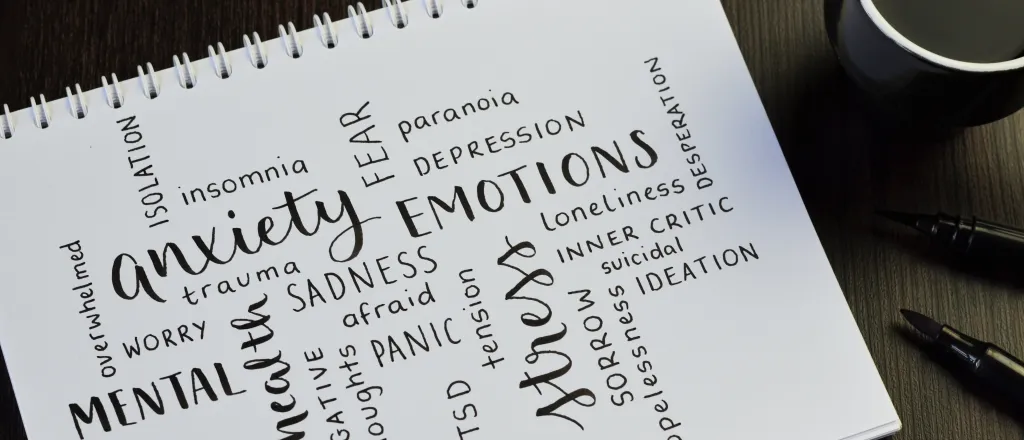
Wyoming localizes mental health crisis response
Click play to listen to this article.
(Wyoming News Service) Wyoming ranked highest in the nation for suicide rates four consecutive years through 2021, according to the Centers for Disease Control and Prevention, and the state is funding more crisis response.
About 90 percent of calls to Wyoming's 988 crisis response line get an in-state answer, according to a new report. Calls used to be routed elsewhere, but the state has been working to localize responses.

Two Wyoming call centers opened in 2020 to offer 24/7 support and now average about 500 in-state calls per month, according to the Wyoming Department of Health.
Kim Deti, public information officer for the department, said the state is currently working to house the helpline's text and online chat options in-state too, and a local connection is important.
"We believe that people within Wyoming, whether they're calling, texting or chatting, they may feel more able to connect and relate to someone from their area," Deti explained.
A 2023 state law created a trust fund for the program but failed to add money to pay for it. This year, a proposed $40 million allocation was reduced to $10 million in the final state budget. Federal funds are also available through July 2025.
If you or someone you know is in crisis, help is available by calling or texting 988.
The nonprofit Inseparable published a report this month to improve crisis response systems. It encourages states to pursue policies to develop system infrastructure, accountability, workforce capacity and sustainable funding.
Angela Kimball, chief advocacy officer for the mental health advocacy organization Inseparable, said in terms of payment, response to mental health emergencies should look like the response to other emergencies.
"Police come. They don't ask whether or not there's an insurance card or a payer first. And the same is true for mental health, substance use, and suicidal crises," Kimball urged. "We want there to be a response regardless."
Kimball argued there should be funds for mental health crises beyond Medicaid.
















